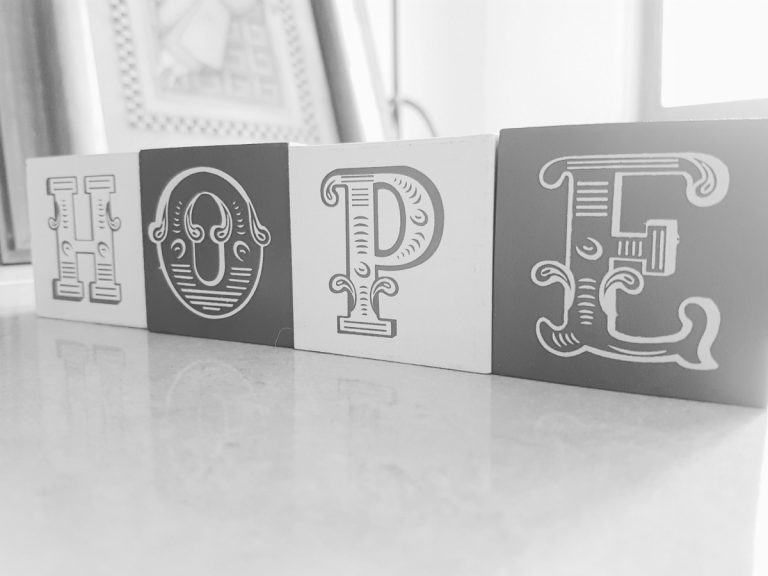
The definition of hope is an optimistic state of mind based on an expectation of positive outcomes with respect to events and circumstances in one’s life or the world at large. As a verb, its definitions include: “expect with confidence” and “to cherish a desire with anticipation.”
I like to think of hope as basically the anticipation of something positive happening. Sometimes hope can mean something simple, such as hoping that the train does not make us late for work in the morning. Other times, hope can carry a deeper meaning such as hoping for the bank to approve a loan for your first home.
Either way, hope carries a positive connotation that signals a satisfaction or pleasure of some kind. So the question is, what are you hopeful for?
Some people may argue that it is more difficult to remain hopeful when negativity or harsh circumstances are at the forefront of one’s life. It is harder to see the light at the end of the tunnel when the tunnel is filled with despair. If this is the case, then how does one gain hope?
According to Psychology Today, there are many ways to find out. Because people may find hope in different ways, there isn’t necessarily a specific formula to follow. But a few basic tips for facilitating hope are:
– Find a clear path or direction
– Look for role models who have found solutions
– Set and reach realistic goals (i.e. doing what you know you can do)
Although there are no specific rules to finding hope, I do see a recurring theme within the suggestions. I see the importance of having a plan. I think it is also important to have a realistic expectation of the object of anticipation. Don’t get me wrong, the extraordinary (i.e. miracles) happen nearly everyday. But when it’s harder for people to identify or anticipate a miracle occuring in their lives, they may feel a sense of hopelessness or despair, and can become pessimistic.
When someone is experiencing these feelings, hope can be difficult to gain and may seem out of reach. This is the time when we can take more control of our thoughts and view hope from the perspective described above. Find direction, research solutions, and be responsible over the things you can control.
With realistic anticipation, the chances of hope will likely increase. So, what are you hopeful for? Are you anticipating something positive happening? If the answer is no, analyze your reasoning and try to find that hope again. Optimistically speaking, you deserve it!
Prudence Hatchett, M.S., M.Ed., NCC, LPC, BC-TMH, ACAS, CCATP, KLSC, is the owner of PH Counseling, LLC and PH Counseling School online.
- A Growth Mindset - January 19, 2020
- Permission To Heal - January 12, 2020
- Making SMART Decisions - December 29, 2019